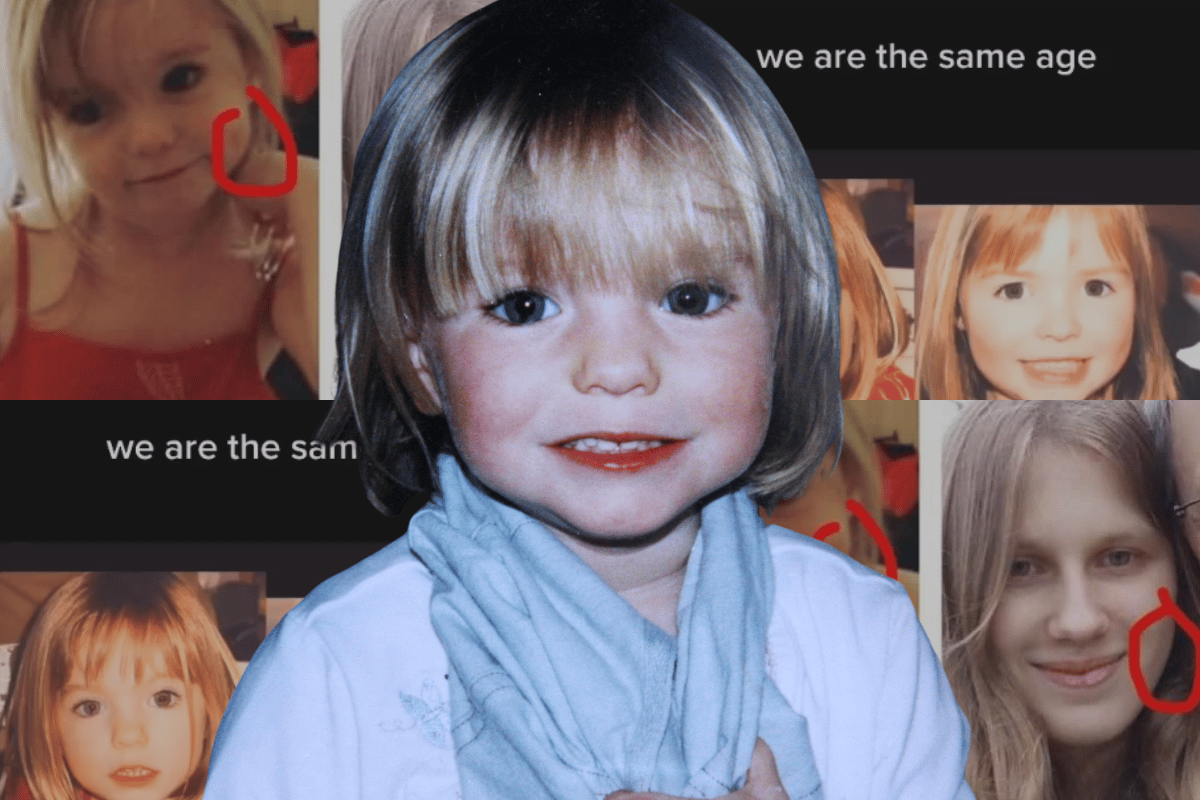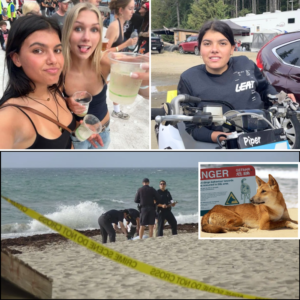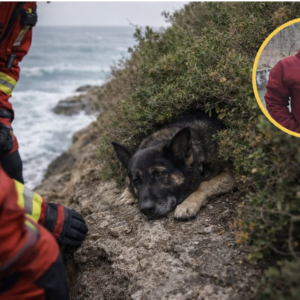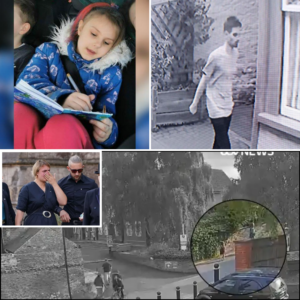
The case of Madeleine McCann, the British toddler who vanished from a holiday apartment in Praia da Luz, Portugal, in 2007, remains one of the most enduring mysteries in modern history. Recently, the story has taken a dramatic turn with Julia Wandelt, a 23-year-old Polish woman, claiming she is the missing girl. Wandelt, who also goes by Julia Faustyna, has made headlines with her bold assertions, including a statement that she would not return to the Polish couple who raised her, even if DNA tests confirm they are her biological parents. Her claims, coupled with new DNA evidence and her appearance on Dr. Phil in 2023, have reignited global interest in the McCann case, while causing distress to both her family and the McCanns.
Madeleine McCann was just three years old when she disappeared from her family’s holiday apartment on May 3, 2007, while her parents, Kate and Gerry McCann, dined at a nearby restaurant. The case sparked an international media frenzy and a multimillion-pound investigation, with no definitive answers to date. Over the years, numerous individuals have claimed to be Madeleine, but none have been substantiated. Wandelt’s claims, however, have drawn significant attention due to her social media campaign under the handle @IAmMadeleineMcCann, where she amassed over a million followers in 2023 by posting side-by-side photos comparing her appearance to Madeleine’s, citing similarities like a rare coloboma of the iris and facial marks.

Wandelt’s story began in February 2023 when she shared her belief that she might be Madeleine, driven by gaps in her childhood memories and suspicions about her upbringing. She claimed her Polish parents never showed her baby photos or a birth certificate and that she was sexually abused as a child by a man resembling a suspect sketch from the McCann case. These assertions led her to question whether she was adopted or trafficked. On Dr. Phil, she stated firmly, “I believe I am Madeleine McCann. If [my Polish mother] is my mother, I don’t want to have contact with her, but I believe she isn’t.” This refusal to reconnect with her family, even if proven biological, shocked viewers and prompted her parents to issue a statement denying her claims, asserting, “Julia is our daughter, granddaughter, sister, niece, cousin, and step-niece. We have memories, we have pictures.”
In 2023, Wandelt underwent DNA testing, initially reported by her then-representative, Dr. Fia Johansson, to show she was “100% Polish” with negligible Lithuanian and Russian heritage, ruling out a connection to the British McCanns. However, Wandelt later disputed these results, claiming in February 2025 that new DNA tests, analyzed by an unnamed expert, showed a 69.23% match with samples from the Praia da Luz crime scene and suggested a possible familial link to Gerry McCann. Her media representative, Surjit Singh Clair, expressed frustration that neither her Polish parents nor the McCanns would agree to further DNA testing, stating, “They’ve spent £20 million on this investigation but won’t spend £60 on a DNA test, even though she offered to pay for it.”
The McCanns, who have maintained hope through their Find Madeleine campaign, have faced renewed pain from Wandelt’s claims. In April 2023, their representatives responded to public inquiries, saying, “There isn’t anything to report at this time. If and when there is, it will come from The Metropolitan Police.” They have not publicly engaged with Wandelt’s allegations, likely to avoid fueling online speculation or disrupting the ongoing investigation, which continues to explore leads, including German suspect Christian Brueckner. Wandelt’s actions, including alleged messages to the McCanns and visits to their home, led to her arrest at Bristol Airport in February 2025 for suspected stalking.

Wandelt’s family in Poland has been vocal about their devastation. In a February 2023 statement, they described her claims as manipulative, noting her history of seeking attention through aspirations to be a singer or model. They emphasized their efforts to support her with therapy and medical care, saying, “We always tried to understand all situations that happened with Julia.” Her actions, including taking family photos and documents, have strained their relationship further. Despite this, Wandelt has expressed remorse, apologizing to the McCanns in a 2024 BBC interview for potentially adding to their distress.
The case raises broader questions about identity, trauma, and the impact of high-profile missing persons cases on public consciousness. Wandelt’s claims, while unproven, reflect a personal struggle with her past, including allegations of childhood abuse and mental health challenges. Her fixation on Madeleine’s case, sparked by seeing suspect sketches online, highlights how unresolved trauma can manifest in extraordinary ways. Critics argue her actions exploit a family’s tragedy, while supporters see her as a young woman seeking answers in a world that often dismisses her pain.
As the McCann investigation persists, Wandelt’s story serves as a poignant reminder of the case’s emotional toll. Whether driven by delusion or genuine belief, her refusal to reconnect with her Polish family underscores a deep rift, rooted in unresolved questions about her identity. For Kate and Gerry McCann, the wait for truth continues, as they hold onto hope for their daughter’s safe return, undeterred by yet another false lead.





